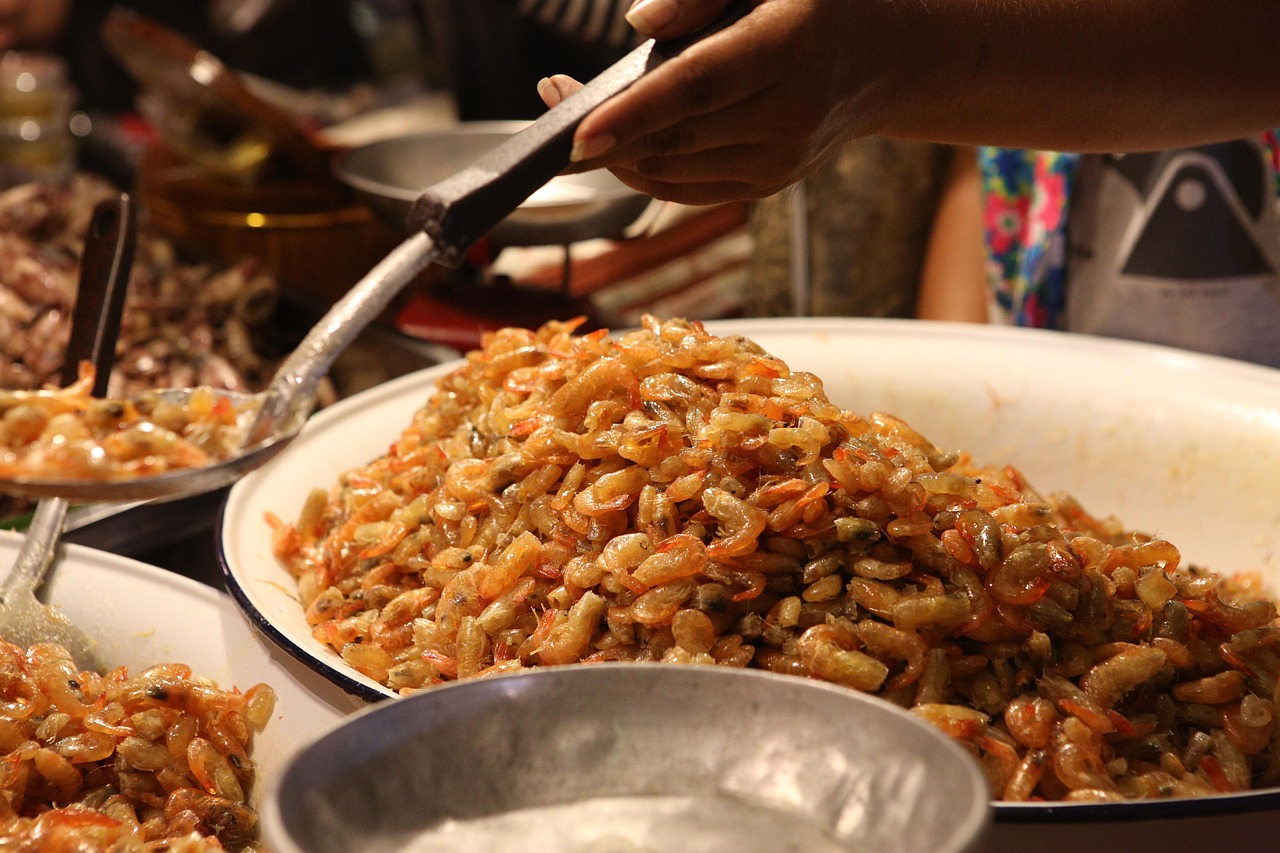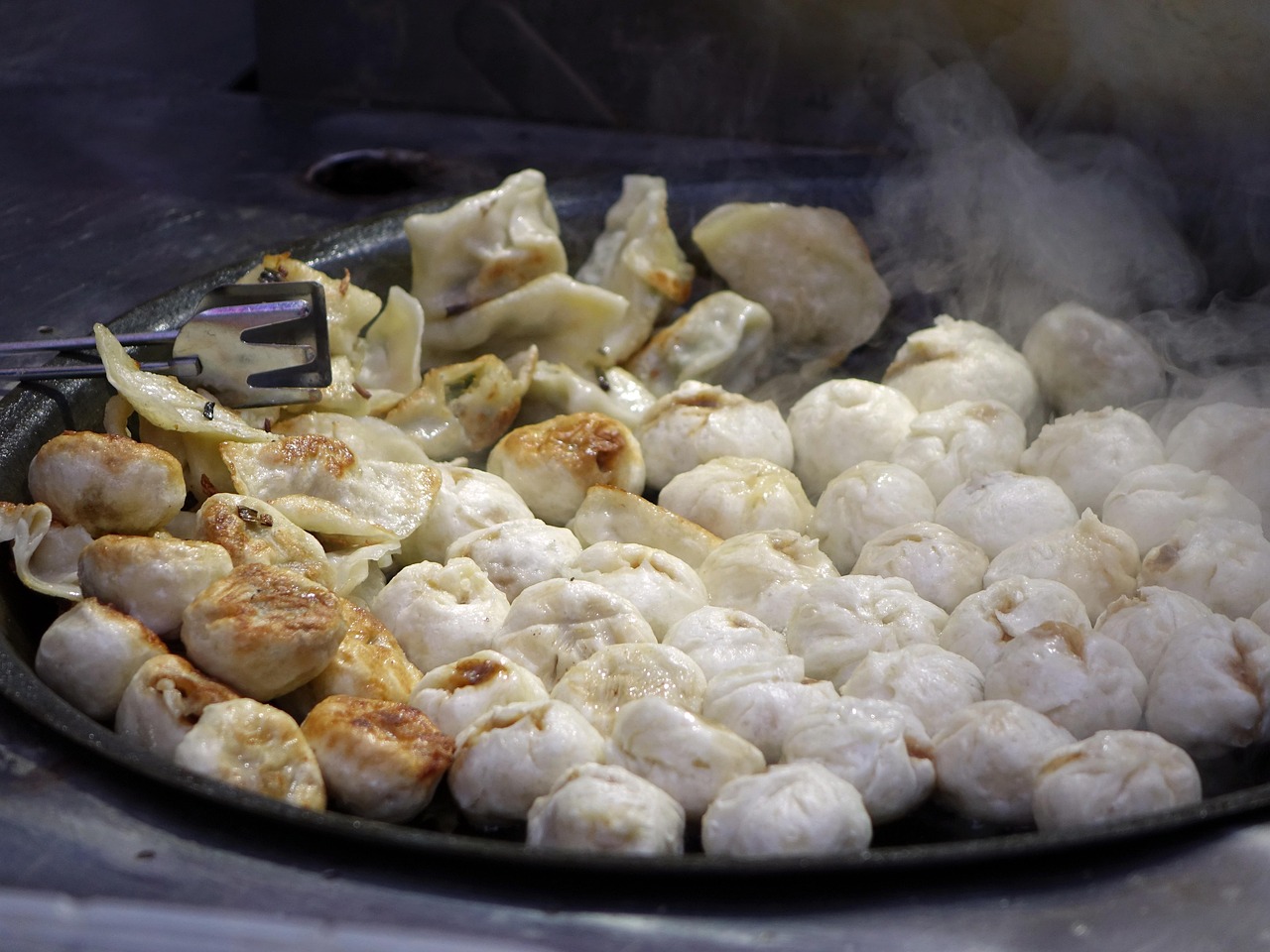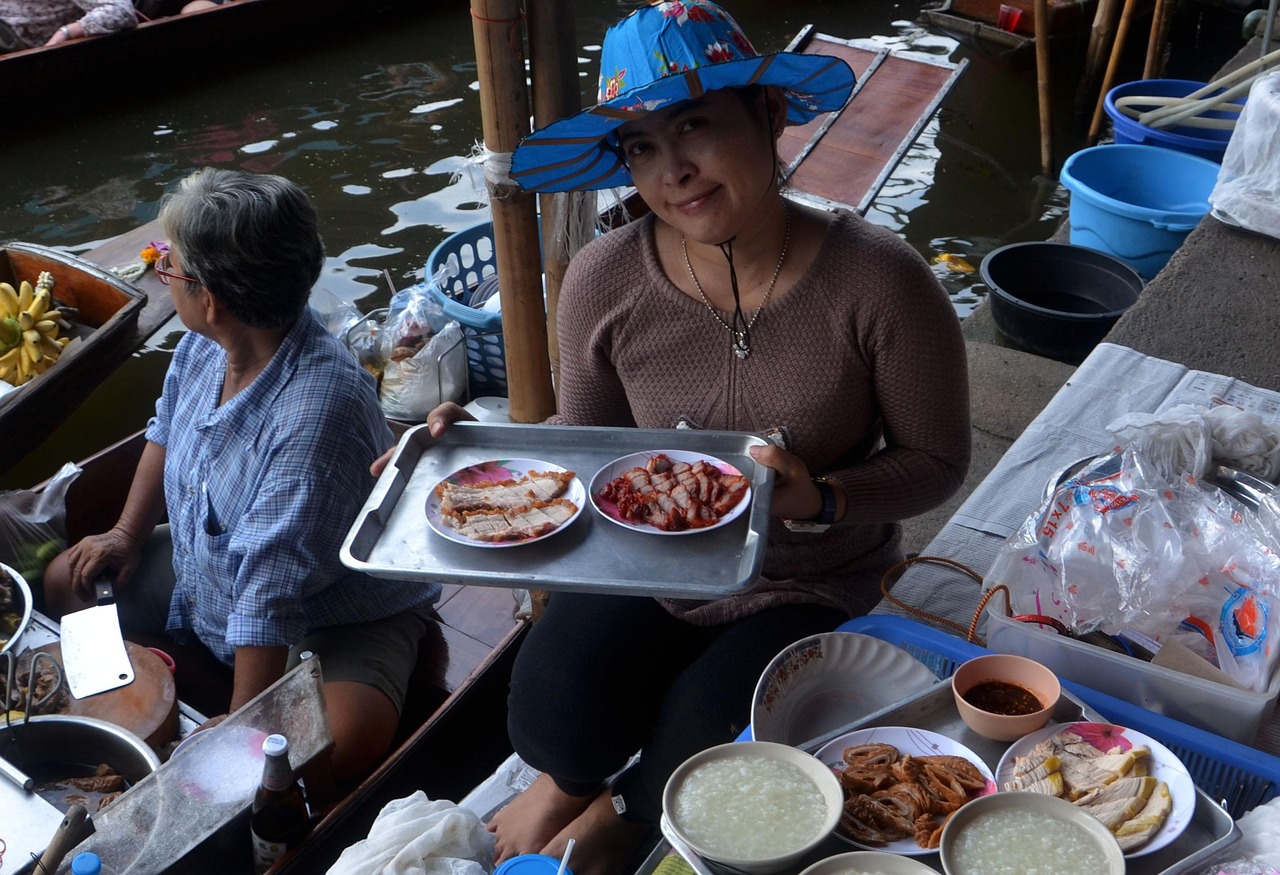Introduction
Food is not just sustenance; it is a language, a culture, and an art form that transcends borders and unites people. The global food festival is a celebration of this universal language, where diverse culinary traditions come together in a symphony of flavors, colors, and textures. In this article, we will explore the essence of a food festival, its impact on local economies, and the joy it brings to food enthusiasts around the world.
The Essence of a Food Festival
A food festival is a gathering that showcases the culinary heritage of various regions, countries, or cultures. It is a platform where chefs, food vendors, and home cooks present their unique dishes, often with live cooking demonstrations, workshops, and tastings. The event is not just about eating; it's about experiencing the stories behind the dishes, the history of the ingredients, and the techniques used to create them.
Impact on Local Economies
Food festivals have a significant economic impact on the communities that host them. They attract tourists, which boosts local businesses such as hotels, restaurants, and shops. According to a study by the World Travel & Tourism Council, the global travel and tourism sector contributed over $8.9 trillion to the world economy in 2019. Food festivals are a part of this sector, contributing to job creation and economic growth.
For instance, the annual Taste of Chicago, one of the largest food festivals in the United States, attracts millions of visitors and generates millions of dollars in revenue. This not only benefits the city's economy but also provides a platform for local chefs to showcase their talents and for small businesses to gain exposure.
Cultural Exchange and Education

Food festivals are not just about indulging in delicious food; they are also about learning and understanding different cultures. They offer a unique opportunity for cultural exchange, where participants can taste, see, and learn about the culinary practices of different regions.
For example, the World Street Food Congress held in Singapore brings together street food vendors from across Asia, allowing attendees to sample a wide range of dishes and learn about the cultural significance of each. This event has become a melting pot of flavors, where the history and stories of each dish are as important as the taste.
The Joy of Food Festivals
The joy of food festivals is not limited to the culinary experience. It's also about the social aspect, the sense of community, and the shared love for food. Festivals like the Melbourne Food and Wine Festival in Australia or the Toronto Taste of the Danforth in Canada are not just about the food; they're about the music, the entertainment, and the camaraderie that comes with sharing a meal with friends and strangers alike.
A Personal Experience: The Taste of Italy
Let's take a closer look at a hypothetical food festival that celebrates Italian cuisine. Imagine a bustling piazza filled with the aroma of freshly baked focaccia, the sizzle of pasta being tossed in a hot pan, and the laughter of families and friends enjoying a meal together. This is the scene at the "Taste of Italy" food festival.
At this festival, visitors can sample a variety of Italian dishes, from the classic pizza and pasta to regional specialties like risotto from Lombardy and seafood from Sicily. There are cooking demonstrations where renowned Italian chefs share their secrets, and workshops where attendees can learn to make their own gelato or tiramisu.
The Impact of COVID-19 on Food Festivals
The COVID-19 pandemic has significantly impacted food festivals worldwide. Many events have been canceled or postponed, and those that have taken place have had to adapt to new health and safety protocols. However, the spirit of food festivals has not been dampened. Many have moved online, offering virtual tastings, cooking classes, and live streams of their events.
For example, the New Orleans Jazz & Heritage Festival, which is known for its vibrant food scene, pivoted to a virtual format during the pandemic. They offered online cooking classes with local chefs, allowing food lovers worldwide to learn how to make traditional New Orleans dishes like gumbo and jambalaya.
The Future of Food Festivals
As the world continues to recover from the pandemic, food festivals are adapting and evolving. There is a growing emphasis on sustainability, with many festivals focusing on local and seasonal ingredients, reducing waste, and promoting eco-friendly practices.
Moreover, the virtual aspect of food festivals is likely to remain, offering a hybrid model that allows for both in-person and online participation. This opens up new possibilities for global participation, as food enthusiasts from around the world can join in the celebration without the need for travel.
Conclusion
Food festivals are a celebration of the diversity and richness of global cuisine. They offer a unique opportunity to explore new flavors, learn about different cultures, and enjoy the communal aspect of sharing a meal. As we look to the future, food festivals will continue to evolve, adapting to new challenges and opportunities, and remaining a vital part of our culinary landscape.
Whether you're a foodie seeking new culinary adventures or a casual diner looking for a fun day out, a food festival is an experience not to be missed. So, the next time you hear about a food festival in your city or town, don't hesitate to join in the festivities and embark on a culinary journey that will delight your taste buds and enrich your understanding of the world's diverse food cultures.











